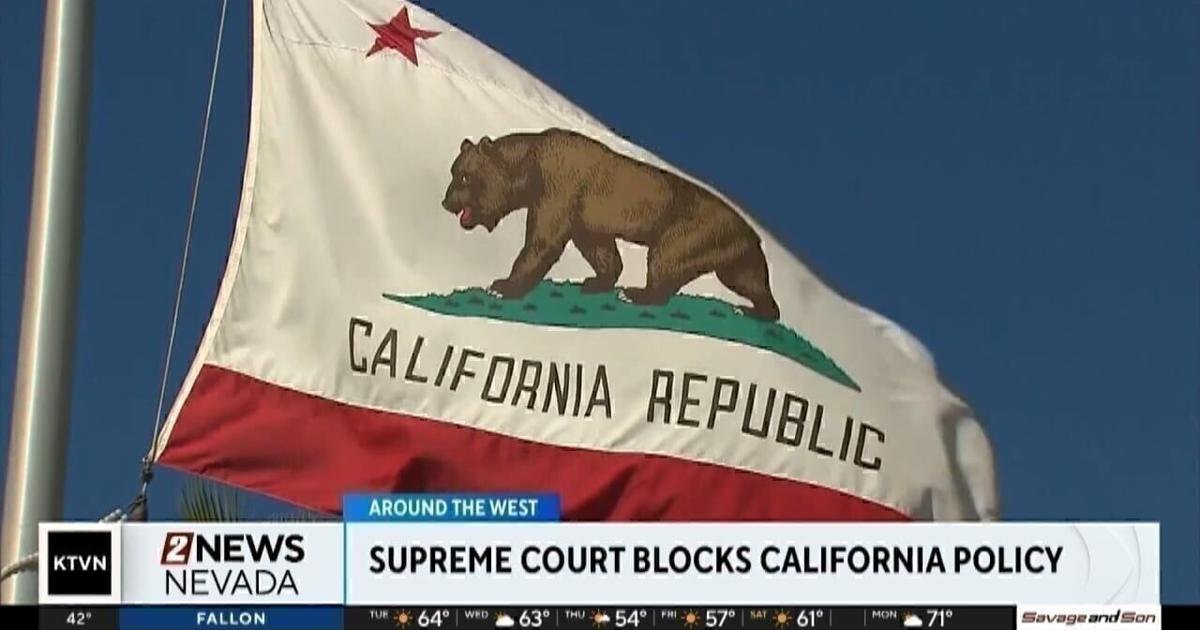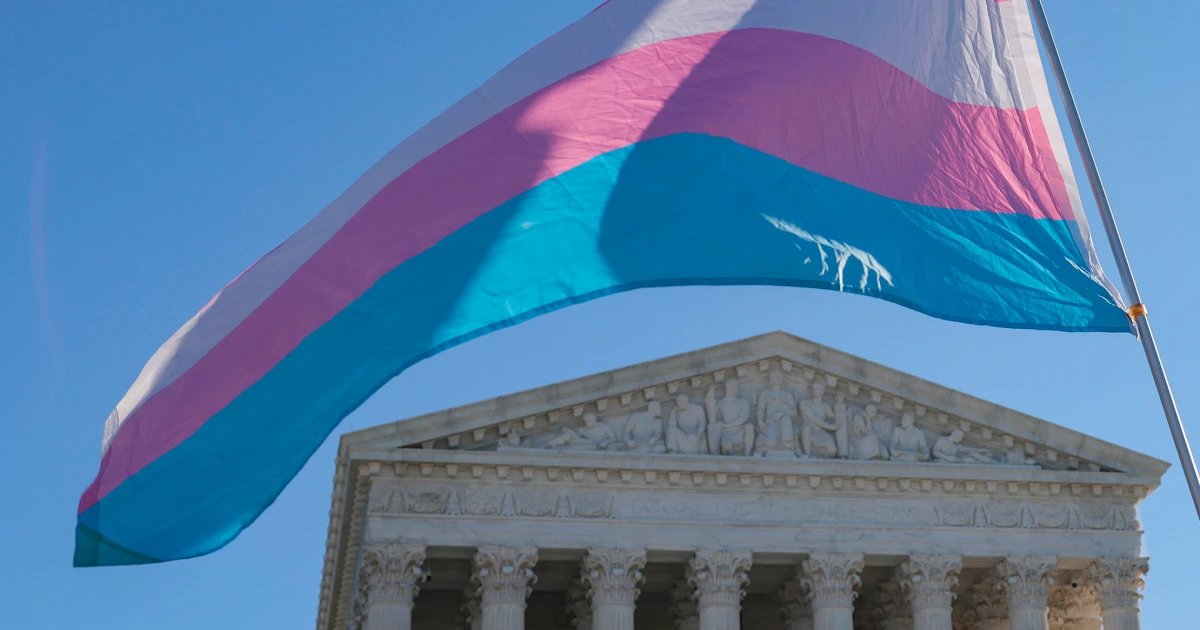When Osvaldo Pérez, a retired Cuban who has lived in Miami since childhood, saw a man get out of a car with a gun in his waistband near his Miami Beach apartment, he was startled. “It felt like I was in the Wild West,” says Pérez, 67. He learned from a neighbor he told about the incident that, since late last month, Florida has allowed open carry of weapons in the street. The state already permitted carrying weapons as long as they were kept inside a car or somewhere out of public view, but a court declared a 1987 ruling prohibiting open carry unconstitutional. Now, people can walk around with pistols in their waistbands or rifles and submachine guns slung on their shoulders, except in places where it is expressly prohibited, such as businesses or private properties, which decide whether or not to allow it.
The practice was already legal in 46 other states. But in South Florida, home to significant Latin American diasporas, carrying guns in public — except by police — is associated with crime, gangs, or paramilitary groups. This has generated particular controversy, even among those who support the right to bear arms established by the Second Amendment.
“It’s a matter of our culture, because we haven’t been exposed to owning or carrying guns. American culture is different,” says Sigfrido Varela, a 55-year-old Dominican who has lived in Miami for more than two decades and works as a firearms instructor. “In Florida, we have a large population from different Latin American countries, where typically only people who have some relationship with the police or the armed forces carry guns openly. In the Dominican Republic, for example, walking around with a weapon like that would be a shock,” he notes.
In Miami, in recent weeks, images on social media of people on motorcycles with rifles on their backs, or on bicycles with machine guns on their shoulders — or the news that a popular local supermarket chain would allow openly carrying weapons into its stores — have sparked intense debate.
Ileana Álvarez, a 62-year-old Cuban resident of Fort Myers, on the west coast of the peninsula, says it seems “crazy” to her that people walk around carrying guns because “anyone can miss a shot.” Álvarez, who has lived in South Florida for 25 years, emphasizes that in a country “where there are deaths in schools and so much gun violence, it’s even more dangerous.”
That view is shared by Kelly Drane, research director at Giffords, an organization focused on gun violence prevention, in a study of how Hispanic Florida residents perceive gun violence, gun policies, and how their cultural context influences those perceptions, in the wake of a law the state passed in 2023 that allows concealed carry without a permit.
The research, published last year, found that gun violence is a “substantial” concern among Hispanics in the region, particularly regarding family and child safety. Participants in the sample, which included people from Venezuela, Cuba, Colombia, and other diasporas, overwhelmingly opposed the permit-free concealed carry law, with some noting that in Florida, where “it’s common to pull out a gun during an altercation,” more people carrying guns leads to more intimidation and, in turn, more violence.
“I imagine that, for the Hispanic community in Florida, the concerns they had about carrying weapons without a permit have now been amplified by open carry,” Drane said.
The majority of respondents indicated that there is not enough information on the topic in Spanish, which is the primary language in more than 22% of households in the state and more than 66% in Miami-Dade. Twenty-six percent of Florida residents identify as Hispanic or Latino, according to official figures.
The issue is controversial even among those who favor open carry. Michael Ferrer, 30, born in Miami to Hispanic parents, says he’s had a gun license since he was 21 and is “completely against” the open carry law.
“I don’t like that people can walk around with AR-15 rifles slung over their bodies, displaying their weapons at their hips. There are a lot of mass shootings, a lot of unbalanced people. Miami is a very big city where a lot of things happen, and there can be road rage. I feel like it’s easier for a criminal to commit a crime now because people are now allowed to walk around displaying their guns,” he said. “I feel like it’s going to cause more problems, that there’s going to be more crime, that you see someone and automatically think, ‘That person is up to no good,’” Ferrer said.
Miami-Dade police did not respond to questions about whether there has been any change in crime rates since open carry was allowed. The Miami office of the Bureau of Alcohol, Tobacco, Firearms and Explosives (ATF) also did not respond.
Others believe it’s a matter of getting used to it. Varela, the firearms instructor, says there are other states with a large Latino population, such as Texas, where open carry is permitted, that have adapted. “It’s something we have to learn. In this country, that’s how it is, and it’s not up to us to come from outside to change it.”
In his 16 years in the business, he says he’s taught gun-handling classes to more than 5,000 people, mostly South Florida residents, including some immigrants who haven’t been in the country long. He also says it’s “not advisable” to walk around with a visible gun because “in a situation where you fear for your life, you lose the element of surprise,” and that if someone is going to commit a crime, they won’t have their gun exposed. “It doesn’t make sense.”
Peter Dominguez, owner of a gun store in southwest Miami, says he hasn’t seen anyone carrying a gun on the street, and that people posting on social media are just trying to get attention. “There are many people from countries where they’ve seen cases of violence and they associate guns with violence, but in this country, it’s normal in many states. It has nothing to do with it,” he says.
According to Drane, gun ownership among immigrants may be associated with cultural assimilation — such as adopting other people’s behaviors — but she also believes there’s “a protective instinct.”
“Without straying too far from what we found in the report, I think that at a time when Hispanic people are concerned about their safety for other reasons, such as fear of some of the immigration crackdowns and other forms of racial profiling and prejudice that are occurring in our country, that plays a role.”
Sign up for our weekly newsletter to get more English-language news coverage from EL PAÍS USA Edition




